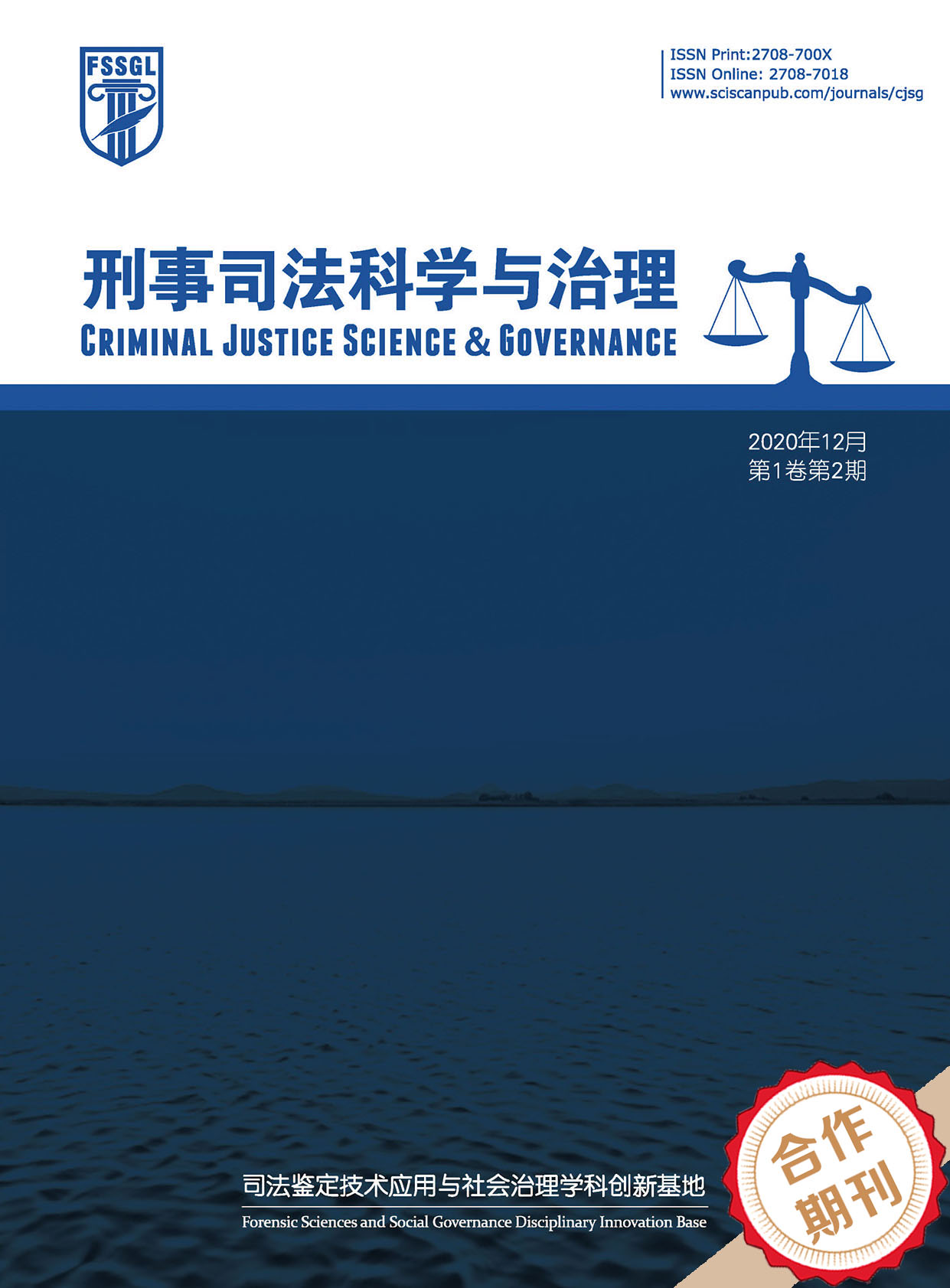Criminal Justice Science & Governance
ISSN Print:2708-700X
ISSN Online:2708-7018
Contact Editorial Office
Subscribe to the latest published information from SCISCAN
论 fMRI 测试技术在美国的诉讼实践与法律态度
Tentative Discussions on the fMRI Results in Litigations Practice and Judicial Attitude of the United States
- Authors: 张崧岳
-
Information:
中南财经政法大学,武汉
- Keywords: 功能磁共振技术;技术测谎;科学证据;言词证据
- Functional magnetic resonance technology; Lie; Scientific evidence; Oral evidence
- Abstract: 功能磁共振测谎技术(fMRI)是测谎领域的新兴技术,它是采用神经科学的技术与研究方法来对谎言进 行检测。结合了医学、法学和犯罪学等学科的知识。目前在美国已经有相关的诉讼案件中出现了功能磁 共振测谎技术。国外在使用功能磁共振技术进行测谎时,不仅要从科学的角度考察其准确性,更要在刑 事诉讼领域以证据的标准严格约束这一新兴技术。本文以一种域外的视角,借助文献资料和美国联邦法 院的判例,分析了功能磁共振测谎技术的应用情况,对于目前功能磁共振测谎技术所遇到的困难和挑战 进行了讨论,以期为国内未来功能磁共振测谎技术的发展提供一种角度。
- Functional magnetic resonance lie detection (fMRI) is a new technology in the field of lie detection. It uses neuroscience technology and research methods to detect lies. It combines the knowledge of medicine, law and Criminology. At present, functional magnetic resonance (fMRI) lie detection technology has appeared in relevant litigation cases in the United States. In foreign countries, when using functional magnetic resonance technology to detect lies, we should not only examine its accuracy from a scientific point of view, but also strictly restrict this emerging technology in the field of criminal procedure according to the standard of evidence. This paper analyzes the application of functional magnetic resonance (fMRI) lie detection technology from an overseas perspective, with the help of literature and the case of the federal court of the United States, and discusses the difficulties and challenges encountered by the current functional magnetic resonance lie detection technology, so as to provide an angle for the future development of functional magnetic resonance lie detection technology in China.
- DOI: http://doi.org/10.35534/cjsg.0102023
- Cite: 张崧岳.论 fMRI 测试技术在美国的诉讼实践与法律态度[J].刑事司法科学与治理,2020,1(2):19-26.














